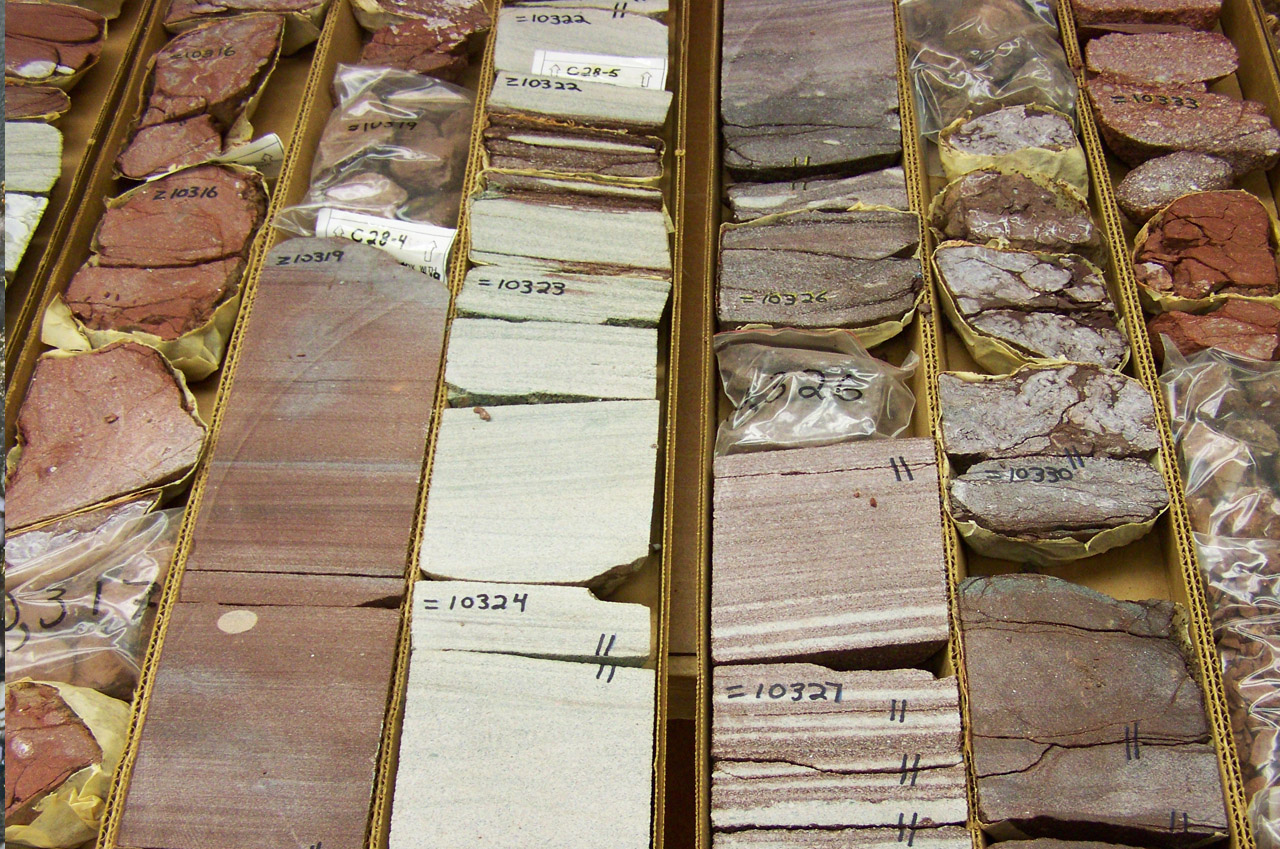
- Geology Career Pathways
- Careers
- Career Profiles
- Reservoir Geophysicist (Oil and gas)

Reservoir Geophysicist Oil & gas

Stuart
Job title: Reservoir Geophysicist (UK)
What are your qualifications?
Scottish Highers: English, Maths, Geography, Physics, Chemistry, Biology and GeologyBSc (Hons.) in Petroleum Geology & Geology from the University of Aberdeen
MSc in Reservoir Evaluation and Management from Heriot-Watt University
What exactly does a Reservoir Geophysicist do?
I help manage a large oil and gas field by planning wells and helping to get as much hydrocarbon out the ground as possible. I interpret seismic data, which allows me to build up a picture of the underlying strata and helps me to find the trapped oil and gas. Then, as part of team with geologists and engineers, I help to decide how to drill wells to target these reserves.Apart from formal qualifications, what other skills or characteristics do you need?
My job involves giving a huge number of presentations to my colleagues, to my management and also to many external organisations, including government departments. You must have good, confident presentation skills - as well as be able to talk to anyone from all backgrounds.What sort of organisation do you work for? Who else employs Reservoir Geophysicists?
I work for a global oil and gas company, active on five continents in over 25 countries. All major oil and gas companies hire reservoir geophysicists, as do most oil and gas service companies. Geophysicists also work in the acquisition and processing of seismic data as well as in other areas of geology.If this wasn’t your first job after your studies, what did you do in between?
I worked as a Geologist in the Caribbean for a mining company in between my degree and my MSc. It’s good to get some work experience during or in between your studies, as it helps to prepare you for your first job after studying.Do you travel within the UK or overseas very much?
My job involves a lot of travel, which is one of its main attractions. I have travelled with my current company to the Caribbean, US, Europe and the far East. Basically I travel all over the world, for anything from a week to six months to several years. You really have to love flying, as you are likely to do a lot of it!Do you work a regular length day/week or are shifts involved?
I have a regular working week, but can be involved in working offshore for periods of time supervising wells. The nature of the work is that things change rapidly and you have to be able to work around those situations.What do you enjoy about your job?
I love that my job is always a challenge – I am always thinking. The job means that I work with a huge range of different people from different cultures and backgrounds from all across the globe. I get to work with some of the most advanced technologies and in some of the harshest areas in the world.What advice or extra information do you wish you’d had before starting this career?
My three top tips are:- know what kind of job interests you, and stay focused
- build your personal skills as well as technical ones
- finally, never be put off by a setback, because this industry is very competitive!
What position would you like to hold in five years’ time?
I would like to be head of an asset - an ambitious goal, but I like to set my sights high!Background image: Rock Cores. Credit: Joshuahicks, Wikimedia
Reservoir Geophysicist Oil & gas